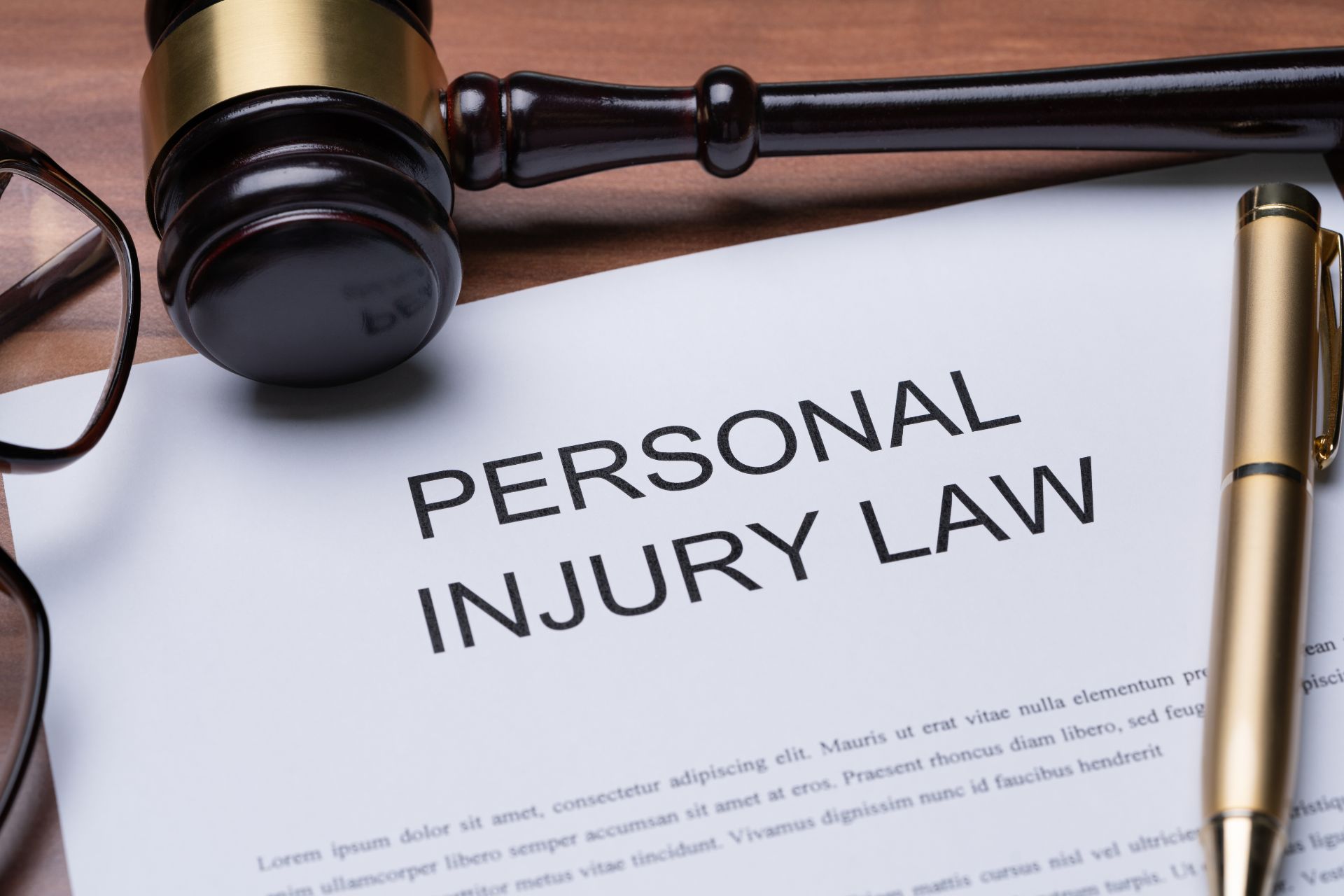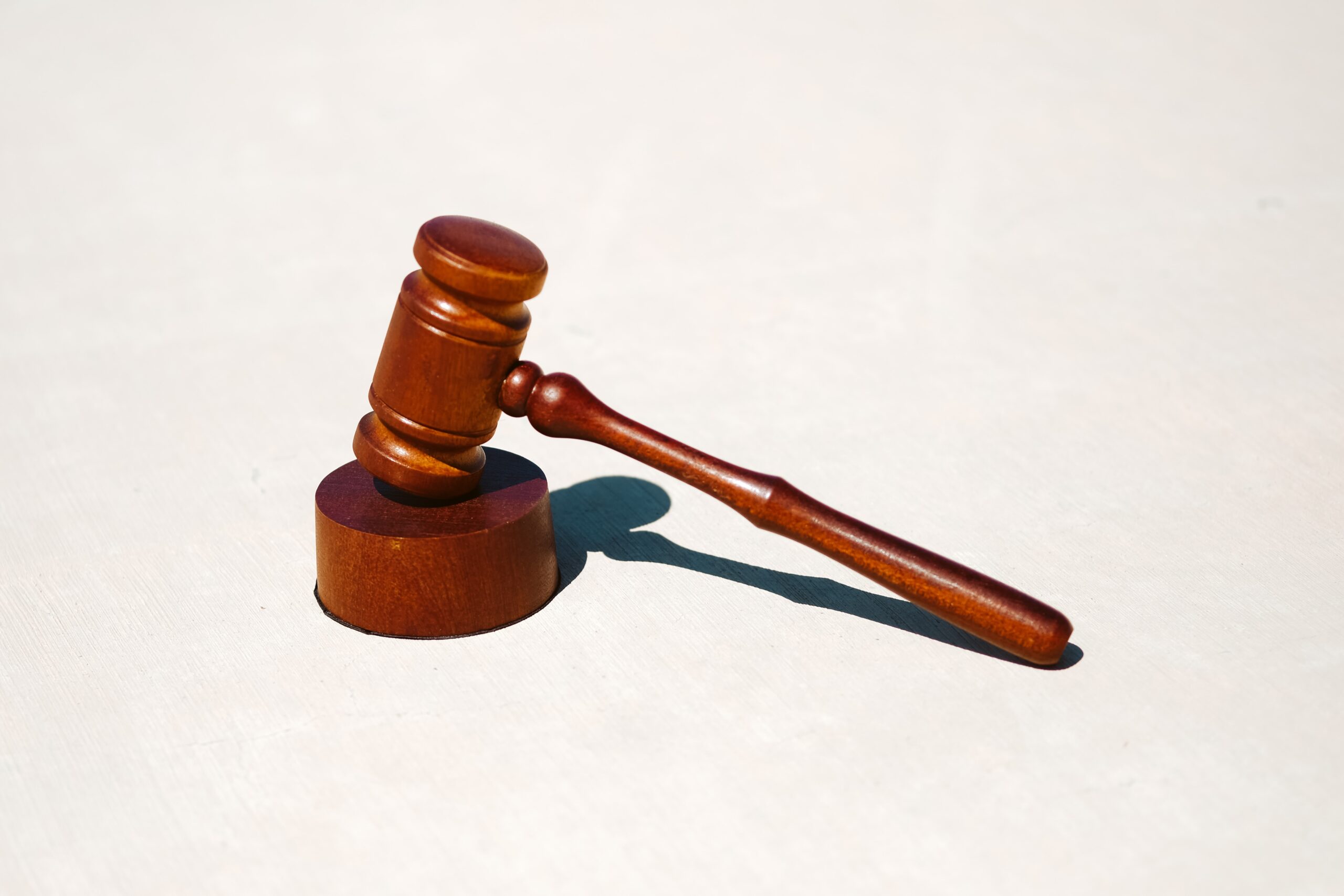Now Reading: How to Know If You Have a Valid Personal Injury Case
-
01
How to Know If You Have a Valid Personal Injury Case

How to Know If You Have a Valid Personal Injury Case
What Constitutes a Personal Injury Case?
A personal injury case arises when you suffer harm due to someone else’s negligence. It can involve physical, emotional, or financial damages. Common types of personal injury cases may include; car accidents, slip-and-falls, medical malpractice, and workplace injuries. Each of these cases requires you to prove that another party’s negligence caused your injury. When you face such situations, it’s crucial to understand how your case fits within any of these types.
Establishing Liability in a Personal Injury Case
The strength of your personal injury case lies in your ability to prove that someone else was at fault. To establish liability, you must show that the other party owed you a duty of care, breached that duty through negligence or recklessness, and caused your injury.
Some of key factors considered when determining liability include:
- The circumstances of the incident
- Witness testimonies
- Available evidence
This process can be complex and requires a detailed understanding of the law.
A lawyer plays a vital role in determining liability. They gather evidence, consult experts, and navigate the legal system to build a solid case.
Assessing the Severity of Your Injury
Besides establishing liability, assessing the severity of your injury is key in determining the strength of your personal injury case. The more severe the physical, emotional, and financial damages are, the stronger your case may be. Physical injuries can range from minor cuts to life-altering disabilities.
On the other hand, emotional damages might include trauma or anxiety. Financial losses like medical bills, lost wages, and rehabilitation costs may also weigh heavily on you. To accurately quantify these losses, you may need the services of a lawyer whose role ranges from, gathering medical reports, consulting experts, to calculating long-term expenses. They ensure you seek appropriate compensation and strengthen your case when negotiating settlements or presenting in court.
Gathering Evidence to Support Your Claim
A claim may be termed meaningless without solid support. The support is the tangible evidence that would qualify the validity of your personal injury case. Evidence appears in form of:
- Medical records
- accident reports
- witness statements
The more detailed and organized your evidence is, the stronger your case will be. However, collecting this evidence can be overwhelming, especially when you are recovering from an injury.
Attorneys can assist by gathering and organizing necessary documents, speaking with witnesses, and even consulting experts. They know what evidence is critical to support your claim and can present it in a way that strengthens your case in negotiations or court proceedings.
The Statute of Limitations for Personal Injury Cases
In the US, personal injury cases have a statute of limitation, meaning you have a limited time to file your claim. Typically, you must file within one year from the date of the injury. Missing this deadline has a negative impact on the validity of your personal injury case. It’s therefore important to act quickly to preserve your legal options.
Attorneys play a crucial role in ensuring you meet this deadline. They track important dates, gather necessary documentation, and file your case on time. By working with a lawyer, you avoid the risk of missing the statute of limitations and strengthen your chances for a successful outcome.
Final Thoughts
To know if you have a valid personal injury case, start by understanding what constitutes one. This includes understanding the types of personal injury cases like car accidents, sleep and fall, and medical malpractice. Proving that someone else was at fault is key, and lawyers may help in establishing liability.
Once liability has been established, assessing the severity of your injury becomes the next key step. This step involves assessing the physical, emotional, and financial damages incurred. The severity of the accident triggers the gathering of evidence like medical records and accident reports. Even with evidence, your personal injury case is only relevant if it is filed within the legal timelines provided.










